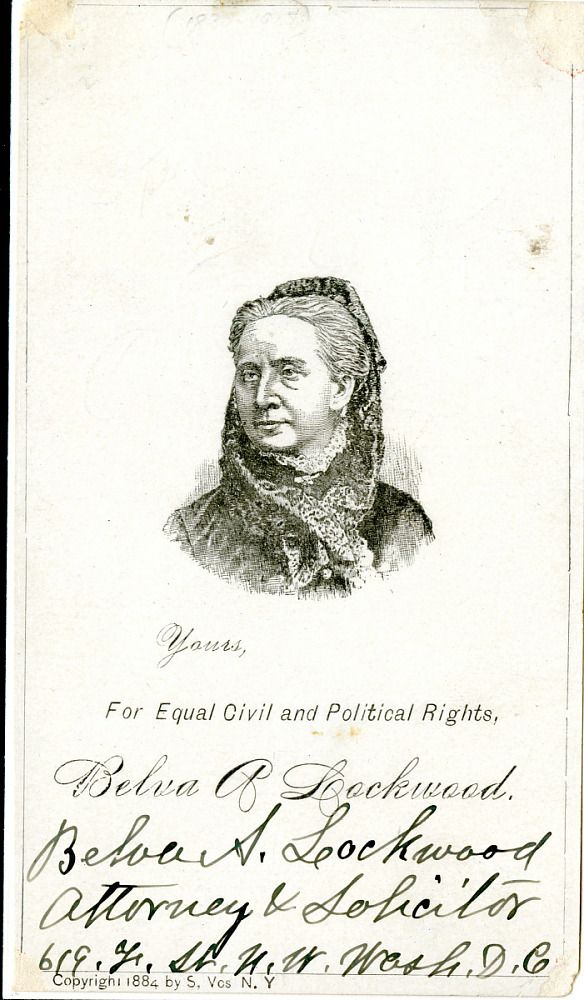AMERICAN WOMEN'S HISTORY INITIATIVE
Hearing the Voices of Women Leaders on Money, Power, and Policy
Patsy Mink, the first woman of color elected to Congress, she wrote the early draft of Title IX and worked to ensure the law’s passage.
:focal(499x998:500x999)/https://tf-cmsv2-smithsonianmag-media.s3.amazonaws.com/filer_public/a0/4e/a04ea584-2438-49da-8551-adc1a9c80e83/nmah-ahb2019q001005.jpg)
In recognition and celebration of women leaders in business, Bloomberg New Voices and Because of Her Story recently joined together for our third co-sponsored conversation in "The Women in the Room" series. The program explored women in politics in the past, present, and future. It showed how the Smithsonian and our collaborators at Bloomberg New Voices are working to ensure women continue to be recognized in the future.
Meroë Park, deputy secretary of the Smithsonian, welcomed attendees at the in-person and online event. She discussed her experience of working with the federal government for more than three decades. She said, "In my career, there were many moments when I was the only woman in the room. I sometimes felt out of place or that my views and my ideas would not be valued. Fortunately, I had a lot of support from women and men who encouraged me to find my voice."
Lisa Kathleen Graddy, curator in the Division of Political and Military History at the Smithsonian National Museum of American History, shared a history of women in American politics. She explained how women were politically active in the American Revolution. However, after the Revolution men prevented them from participating in the politics of the new republic. She said, "Women [during the Revolution] are agitating in the streets, women are part of a thinking community. But after the Revolution, when [men] are starting to form a new government, they want women to step back."
Graddy shared the story of lawyer Belva Lockwood, who became the first woman to run for President in 1884. She ran again in 1888. In her legal career, Lockwood became the first woman to argue in front of the Supreme Court. The National Museum of American History's collection includes Lockwood's name card, which she used as a business card for potential clients.

/https://tf-cmsv2-smithsonianmag-media.s3.amazonaws.com/filer_public/d4/20/d4209f51-3664-4004-9c67-33914e3dad18/nmah-ahb2019q001013.jpg)
Smithsonian Regent and Senator Catherine Cortez Masto (D-NV) welcomed guests to the event as well. Cortez Mastro shared that she is excited to see women's history told through the forthcoming Smithsonian American Women's History Museum. Cortez Mastro voted in favor of the museum, laying the groundwork for Congress to enact legislation to create the museum in December 2020. She said, "More women are running for office, leading major companies, and seeking positions of power than ever before. This new generation gives me hope... These are the women I'm excited to see reflected in the new Smithsonian American Women's History Museum."
Hosted by Bloomberg news anchor Alix Steel, The Woman the Room: Power, Money and Policy included a panel with three current leaders in business. Panelists were Gina Adams, senior vice president of Government and Regulatory Affairs, FedEx Corporation; Sheila C. Johnson, founder and CEO of Salamander Hotels and Resorts, and co-founder of BET; and Martine Rothblatt, chair, CEO and founder of United Therapeutics.
These business leaders discussed the challenges of leading companies during COVID-19. They discussed how good benefits, salary increases, and continuous communication were necessary to retain employees.
They also discussed broader challenges for women in business. Johnson shared reflections from discussions with restaurant industry leaders addressing the unique challenges women face. Johnson said, "We had really important dialogue on why it's so hard for women to stay in business, especially in the restaurant industry. How can we get financial help, which we can't from banks? I mean, it's really amazing how we as women get so little help from the financial industry. Whereas men can go out there, start restaurants, they get bankrolled."
To close the program, audiences had an opportunity to learn about efforts to train and tell the stories of future women leaders. Laura Zelenko, senior executive editor at Bloomberg News launched the second round of Bloomberg's New Voices initiative. The program trains women leaders in finance and business on best practices to speak with the media. Through the program, they have increased the percentage of women experts in their news stories about finance and business. Today 29% of experts in their news stories are women.
Finally, Lisa Sasaki, interim director of the Smithsonian American Women's History Museum, spoke about the forthcoming museum. She said, "So our goal is to create a museum that reaches audiences locally, nationally, and around the world. A museum that will inspire us to be better, fairer, more inclusive as a nation and as a group of people." She referenced Congresswoman Shirley Chisholm's iconic quote about being a woman in the halls of power: "If they don't give you a seat at the table, bring a folding chair." Sasaki spoke of how, in 2021, we can do more. She said, "It's time to make history and to do more than just put a folding chair at the table. What we want to do is make sure that there is permanent representation, a permanent chair, a permanent room for all women." The Smithsonian American Women's History Museum will ensure women's history, including stories of women leaders, have a lasting home in the nation's caption.



